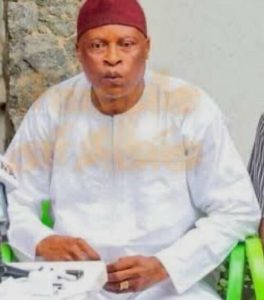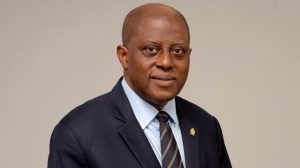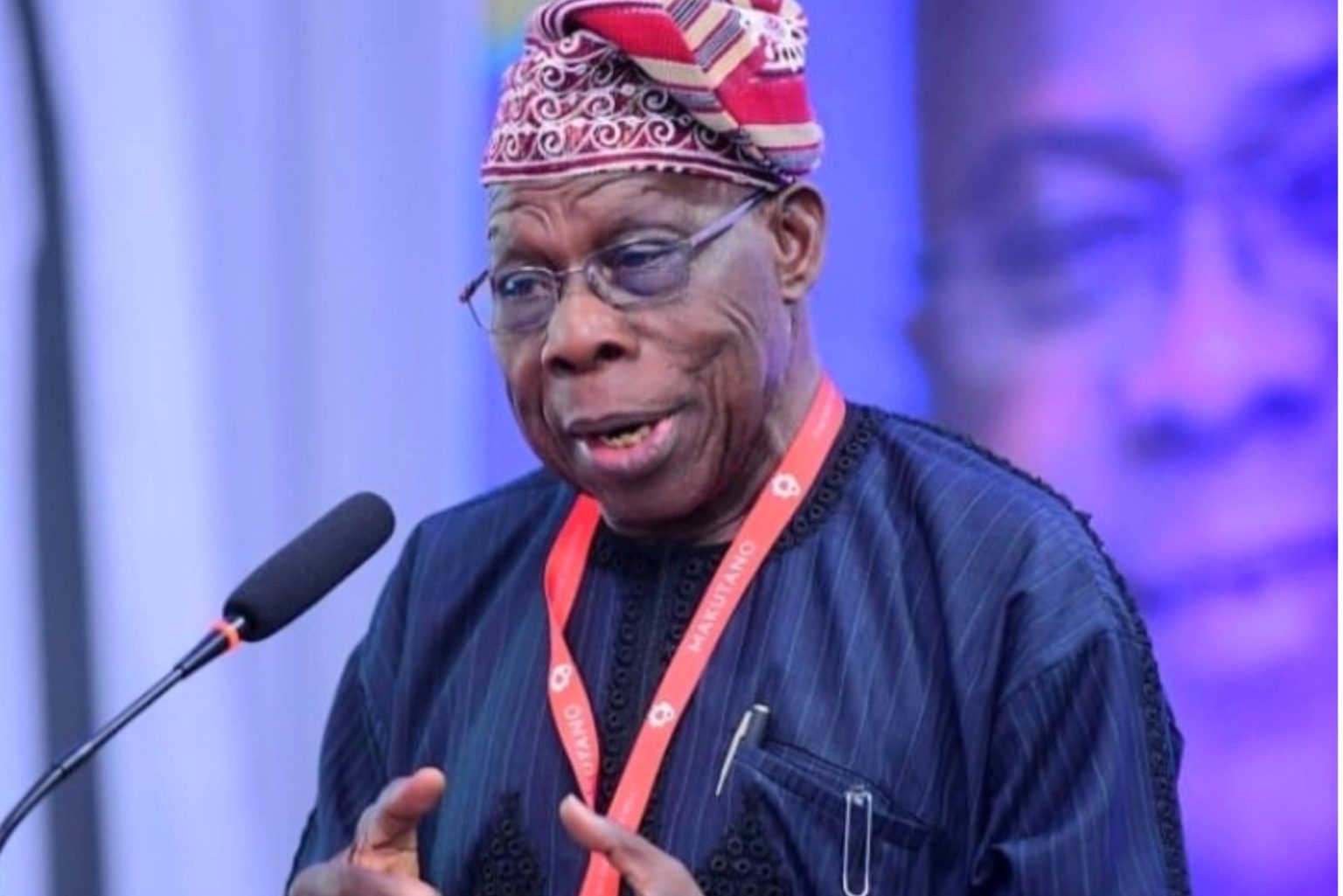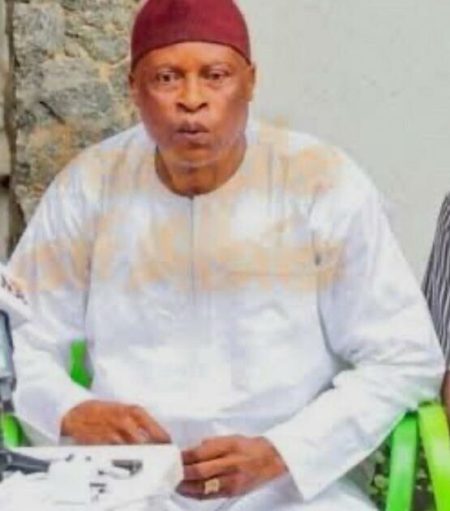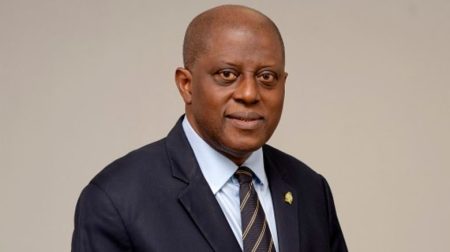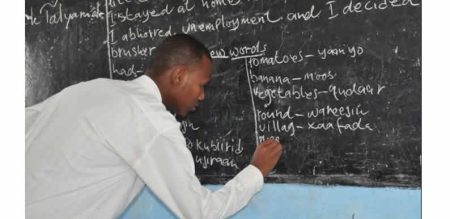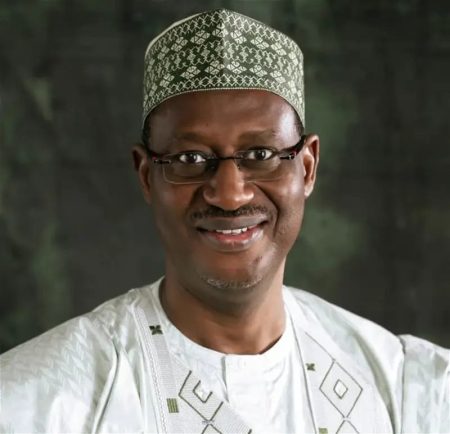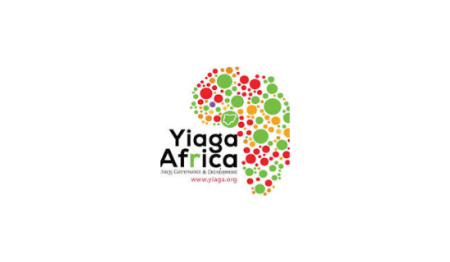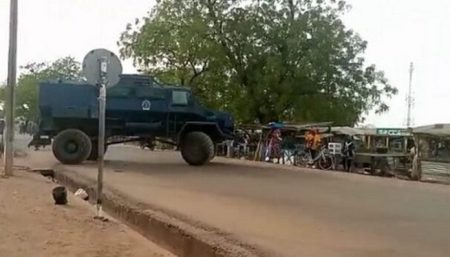Former President Olusegun Obasanjo recently expressed deep concerns over the disunity plaguing Nigeria, which he believes is a significant barrier to the nation’s realization of its full potential. During a meeting with the League of Northern Democrats, led by former Kano State Governor Alhaji Ibrahim Shekarau, Obasanjo reflected on Nigeria’s current state and the barriers to progress. He underscored his unwavering optimism that the country can redeem itself by learning from past mistakes and focusing on national cohesion. The former president emphasized the need for a unified front, arguing that the regionalism entrenched before independence has created a fragmented identity that continues to affect the nation negatively.
In his address, Obasanjo urged that the merit and capability of leaders should take precedence over regional affiliations. He posited that identity rooted in geography should not undermine one’s commitment to the broader Nigerian identity. He asserted that true national progress arises when individuals prioritize their Nigerian identity over regional ties, stating, “Where I was born should not be the enemy of my ‘Nigerianess.’” His comments highlighted the necessity of uniting under a common national purpose, rather than being divided by regions. He advocated for identifying competent leaders regardless of their local backgrounds, insisting that achieving coherent governance calls for collective nationalism rather than regional loyalty.
Moreover, the former president lamented Nigeria’s current standing and its disappointment to the African continent and the world. Once considered the “giant of Africa,” he noted that Nigeria has fallen short of the expectations set upon it at independence. The degradation of integrity and a lack of shared values were also points of concern for Obasanjo, who remained hopeful that it is not too late to recalibrate the nation’s priorities. He called for a dedication to accountability, love, and truth, alluding to the potential for renewal that could restore Nigeria’s stature on the global stage. Obasanjo’s reflections reinforce his belief that addressing past mistakes and focusing on future potentials is imperative for national healing.
Speaking previously, Shekarau elaborated on the founding principles of the League of Northern Democrats, emphasizing its mission to promote good governance and unity. He acknowledged that the group’s inception stemmed from a concern over Nigeria’s socio-political woes, including youth unemployment, education, insecurity, and overall underdevelopment. Shekarau also underscored the paradox of Nigerian democracy, showcasing that despite the nation boasting 93 million registered voters, the relatively minuscule number of individuals in political leadership (about 11,000) reflects the challenges in electing competent leaders. This statistic epitomizes the disconnection between the electorate and the elected, underlining a call for systemic change.
Shekarau, aligned with Obasanjo’s views, suggested changing their group’s name to the National League of Democrats to foster inclusivity and a sense of belonging nationwide. This proposal symbolizes a strategic shift toward a more united identity that transcends regional boundaries, resonating with Obasanjo’s call for greater unity. The objective is to create a platform where all Nigerians can rally for common goals, thus broadening their appeal and impact. By adopting a national focus, the group aims to engage various stakeholders in discussions on governance and unity, forging a path toward more credible leadership that addresses the needs of the populace.
In conclusion, the discourse initiated by Obasanjo and echoed by Shekarau serves as a pivotal reminder of the significant challenges still facing Nigeria. The former president’s emphasis on meritocracy and national cohesion urges citizens to prioritize shared identity over regional differences. His acknowledgment of Nigeria’s potential to recover from past failures highlights the vital need for a paradigm shift in governance and leadership selection. As calls for a transformative approach to national unity and good governance resonate, it is essential for Nigerians to engage in collective dialogue and action. The collaborative efforts of groups like the League of Northern Democrats signal hope for a more inclusive and effective political landscape capable of steering Nigeria toward its long-awaited greatness.



